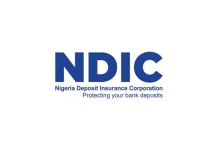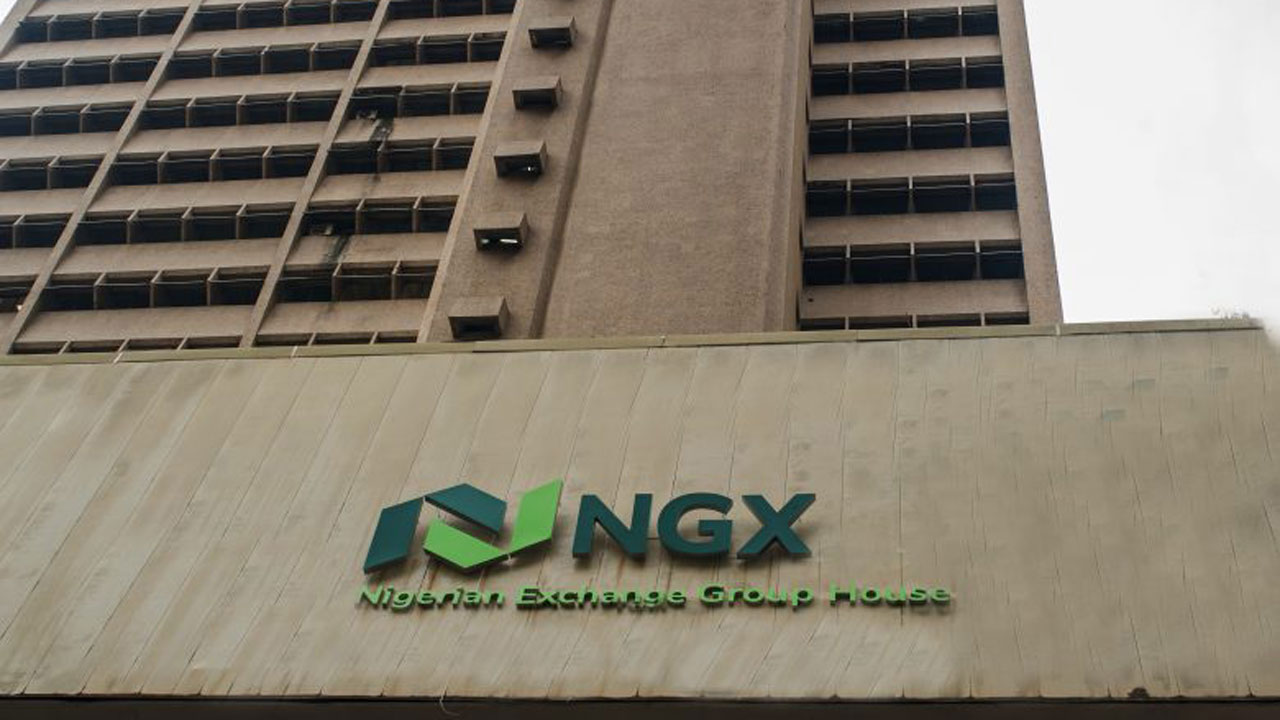The Nigerian Communications Commission (NCC) has raised an alarm warning Nigerians about a bogus Davido airtime and data giveaway announcement on social media.
The Director of Public Affairs for NCC, Dr Ikechukwu Adinde, made the announcement via a statement released on Tuesday in Abuja.
According to Adinde, a group of scammers had initiated an infomercial with the title “Davido Airtime and Data Giveaway.”
He noted that the ad, which has gone viral, claimed that Afro beats artist, Davido was giving out N5,000 of free airtime and 10GB of internet data from all networks to mark his birthday.
He disclosed further that the NCC made the discovery while conducting social wiretapping activities online, stating that a seemingly syndicated group was lurking to scam unsuspecting members of the public.
Adinde stated that millions of Nigerian telecom service users were exposed as the scammers capitalized on the generosity of David Adeleke, popular known as Davido.
“The Nigerian-American music star, songwriter and producer recently announced that he would donate N250 million to various orphanages in Nigeria.
“In the infomercial, the general public was urged to hurry up and get the freebie by clicking on the links that supposedly redirected them to the websites, where the airtime and data were credited. This is a fraud.
“The NCC wishes to advise our abundant telecom consumers not to have anything to do with the advertisement or any similar hoax.
“The ads are what they are, social engineering scams designed to get people’s Mobile Station Integrated Services Digital Network (MSISDN) and other information that scammers can later use to defraud unsuspecting telecom consumers and members of the public, ”he said.
Mr Adinde added: “MSISDN is simply the full phone number of a cell phone, plus other protocol information.
“This number is unique and identifies subscribers/owners on a GSM or other mobile networks.
“Therefore, suffice it to state that any unscrupulous person or unethical hacker can use the number and the corresponding protocol to undermine the privacy of the actual owners of the number through identity theft and other scams.
“The NCC, therefore, reiterates its previous warning to telecom consumers to be cautious and not lower their guard. If a promotion or an offer seems too good to be true, it is probably not true. “
Adinde added that the NCC will continue to give telecom consumers the information and education required to keep them protected from cybercriminals determined to use telecom platforms to carry out fraudulent activities.












